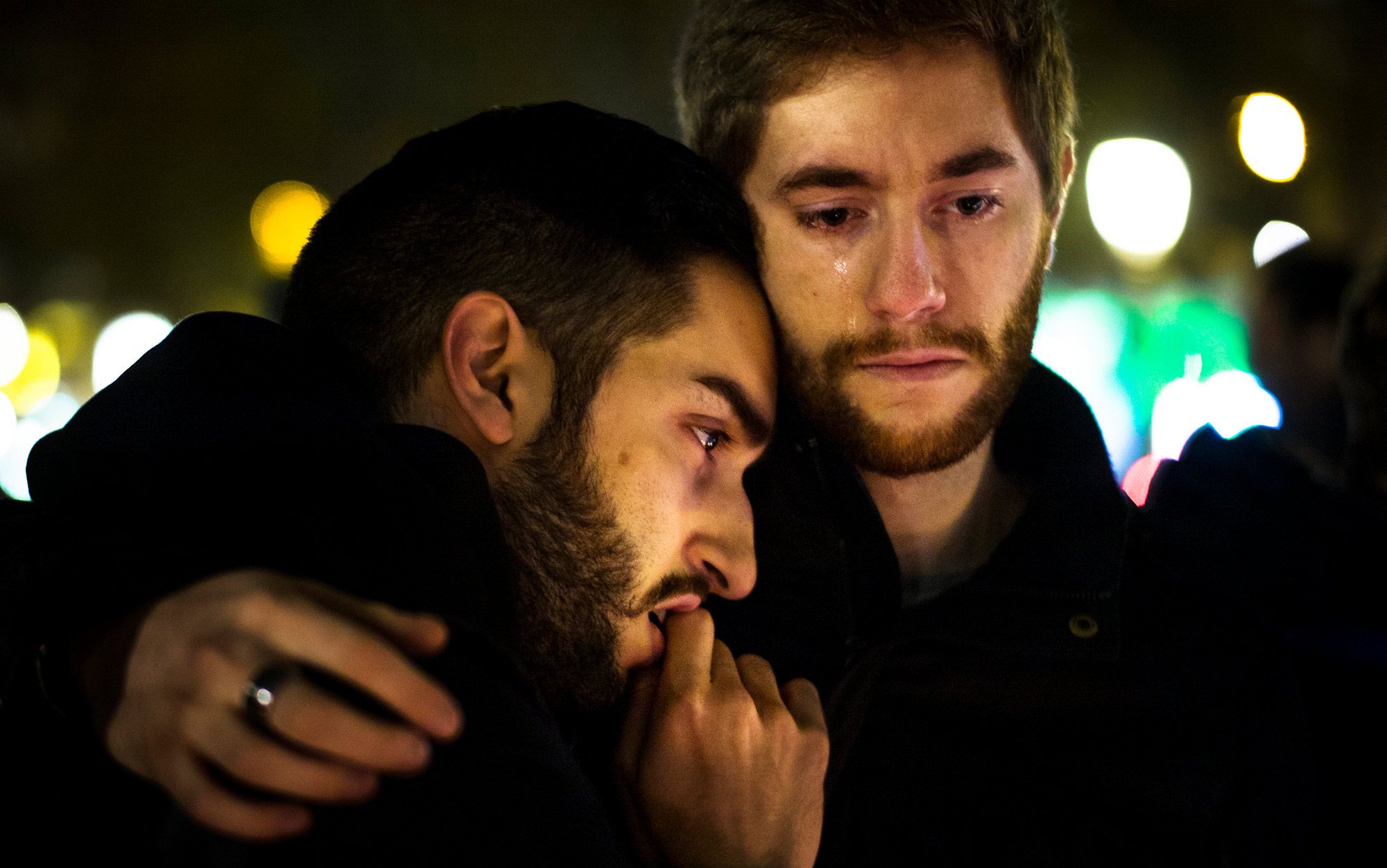Rabbi Shimon ben Elazar says: “Do not appease your fellow in the time of their anger or comfort them when their dead lie before them.”
It can be awkward and confounding to be fully present for our friends, family, and community members during their times of profound upset and loss. Even when we approach with the best of intentions, our responses all too easily fall short. Too often, knowingly or unwittingly, our words and actions reflect our own anxieties rather than our fellows’ needs. Out of our discomfort with their rage, we may urge them to “calm down.” Ill at ease with their grief, we may offer trite reassurance.
Hence the wisdom of Rabbi Shimon Ben Elazaar’s teaching. He reminds us that when we encounter others suffering, the best thing we can offer is our full, loving, quiet, non-judgmental presence. Instead of trying to “do something” we can simply be there with them in their anger or sorrow. When words fall short, the act of being open and attentive can speak to the heart.
After time passes, there may be opportunity to share words of understanding and consolation. But in the throes of anger and the depths of despair, it is wise to guard our tongues.

